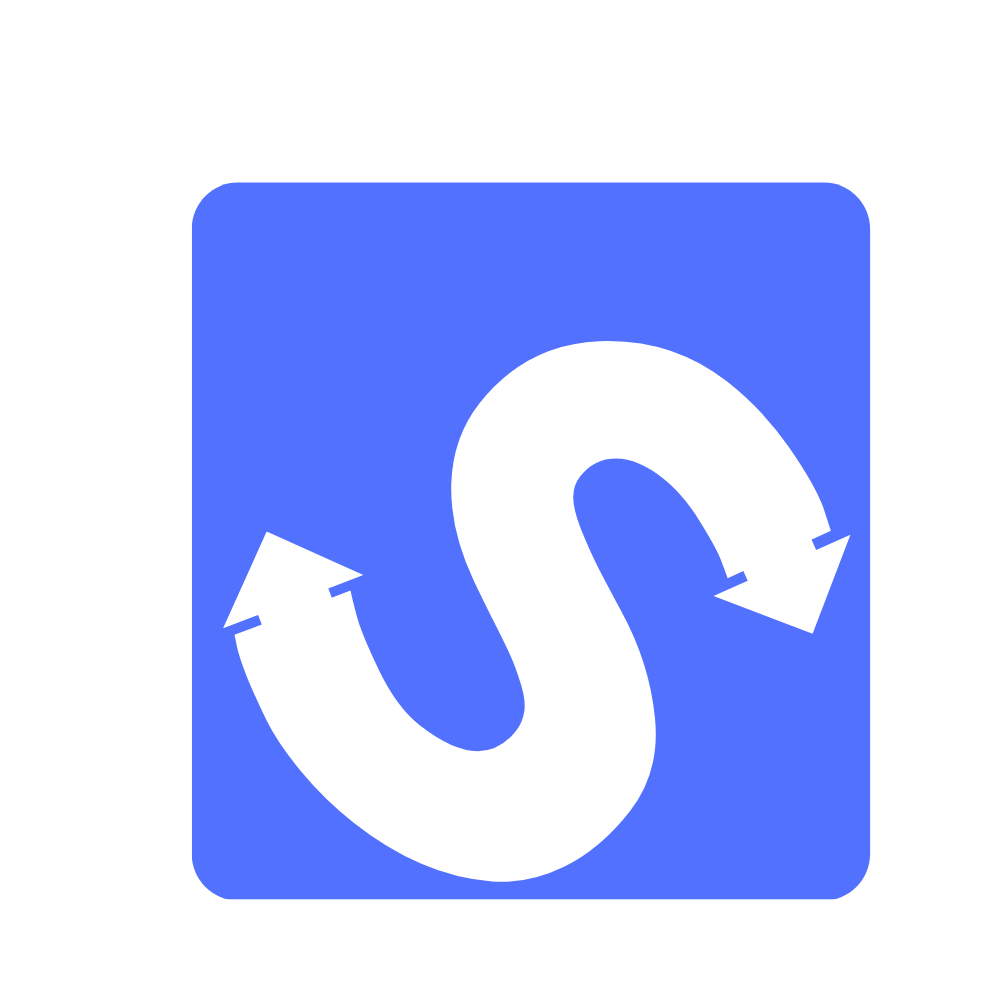We cannot imagine future learning scenarios if we cannot remember from where we started. Students in the modernized classrooms should correctly remember that we used to sit in the traditional classrooms with the teacher lecturing and students sitting behind their desks struggling to absorb every word of it.
This takes us to the realization: what will be the future learning situations? What education has in store for the teachers and students of tomorrow? Undoubtedly, teachers have started to wonder about their role and how they can fit in the aftermath of an increasingly digital shift in the education sector.
Classrooms without walls
Let’s accept the fact, both teachers and students now have seamless access to paramount data of information on the internet. Dictionaries, encyclopedias, and huge, informative websites are now available within a couple of clicks on our systems and laptops. We can today look up to information, connect with professionals worldwide, and communicate over discussion forums and social media platforms with our classmates at the convenience of sitting in our own home. Teachers have started to grab the paradigm shift by the neck and used for their own professional development.
The concept of flipped learning has already started to take over the teachers’ lecture stage in the form of an online medium. Students now have the freedom to review a topic over and over again without the actual involvement of the teacher. One of the biggest benefits flipped learning has given is tempting the “lost-in-imagination” and daydreaming students to wake up and learn on their own accord.
Personalized learning
The blend of technology and educators’ skills has achieved the feat of allowing the students to customize the subject material according to their own skill set and learning capacity. The point is to help students, particularly mediocre and below-par performers, encourage them to take command of their own learning and incorporate the advancements in online education.
However, this doesn’t mean that personalized learning and digital techniques are going to replace the teachers for good. In fact, no advancements in gamification, simulations, etc. can replace a genuine hands-on learning experience that you acquire in the presence of a teacher.
Acquaintance with the real-world
Accept it or not, but the digital landscape has changed the face of the education industry. It is the job of the educators to teach the learners how to engage with it. The students must essentially learn how to differentiate false and inauthentic information from the reliable one and use to make relevant decisions for a quality learning experience.
In addition to that, students should also realize that solving current local and global issues is not enough, as you also need to take considerations for future generations into account. Consider some thought-provoking questions: how can our children and grandchildren survive the hostile and polluted climate in years to come? With more and more people falling below the poverty line, what can we do stop this?
By encouraging the learners to understand, acknowledge, and resolve issues important to them and society, teachers are actually providing them with the required industry experience well before they graduate. Suppose the example of hiring a professional online dissertation writing specialist to cater to one or more of your semesterly commitments. The writing expert will write and present the content in a manner that will prepare the students to step in his or her practical field all prepared and full-fledged.
Improved assessment and feedback
Teachers are on the quest to acquire a statistical gathering method in order to gauge the students’ success in real-time. Educators will use the data and recommend an appropriate career for each student based on his or her scores and preferences. There are tools powerful enough to send relevant feedback to the teacher even before the student steps out of the classroom door.
The enhanced assessment and feedback system will allow the teachers to know their strengths and weaknesses as well, facilitating them to know how well or poor their teaching style is faring. Furthermore, what more can be catered in order to enhance the overall learning experience in the classroom.
Flatter classroom
Another thing that potentially lies in future learning considerations is the flatter classrooms. Due to the reason that standardized exams do not display the learner’s performance and ability, on the whole, tests will be designed to depend on more on-field experience and observation. Moving beyond the typical grading criteria, the students will be asked to learn from real-world situations.
However, easier said than done. This will require quite an effort from the teachers across the globe, professionals who are sadly underpaid and not recognized as they should have. But technology has the power to turn it into a reality, a major contribution it could be for the education industry provided it does succeed in its intended cause.

Responses